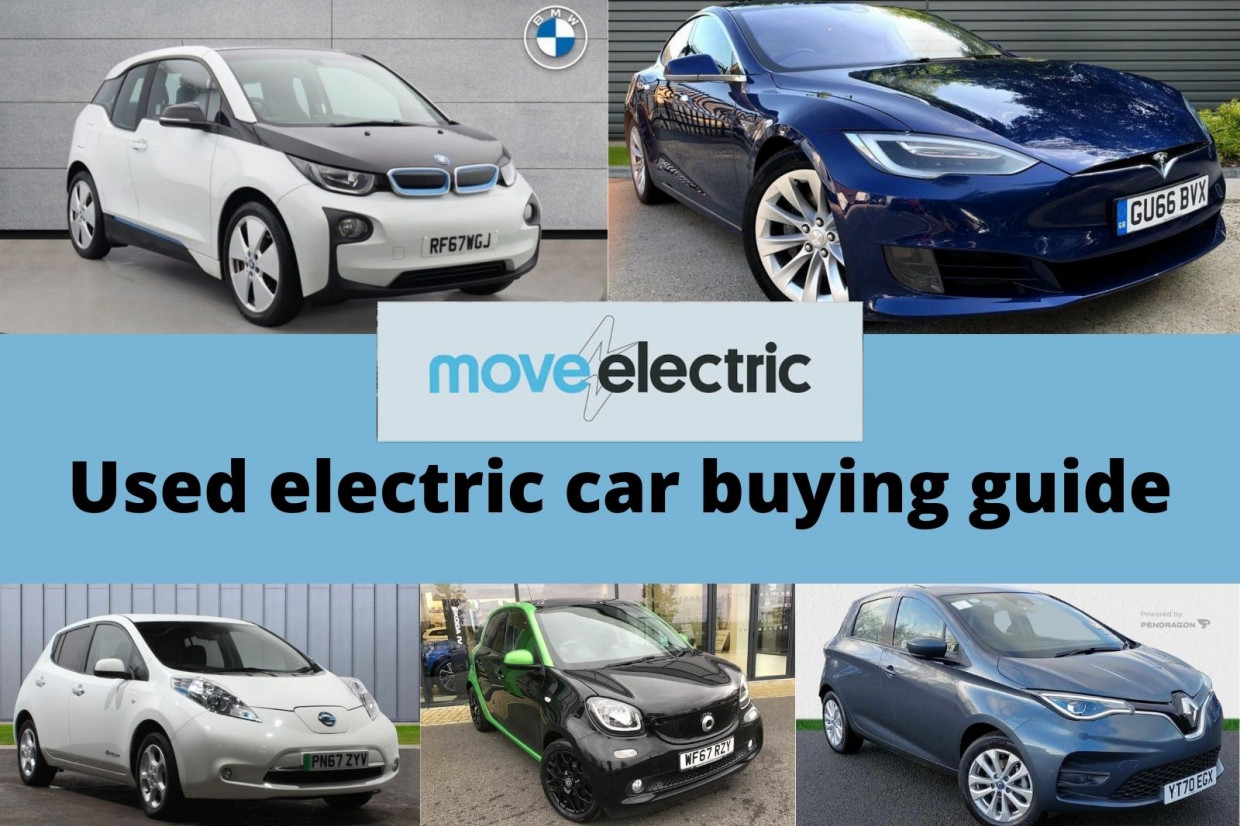
From being the dust-covered oddball in the corner of the forecourt to the star attraction at its centre, used electric cars have a come a long way in a short time.
According to one leading used car sales website, at the end of last year they were selling faster than petrol cars.
Such is the demand that one dealer, Martin Miller of EV Experts based in Guildford, says he wished he could make two-year-old EVs. "They'd sell so easily and quickly, I'd make a fortune. For example, I took in a Jaguar iPace on the first Wednesday in January and by the Friday, I'd sold it without even advertising it."
Who is buying all these used electric cars?
According to Miller, it's no longer the early EVangelisers. "More of our customers are ordinary people who, influenced by the industry's shift to electric, are ready to commit to their first EV."
That's great news but since people still come unstuck buying used petrol cars that have been with us for decades, what hope starry-eyed EV newbies buying a technology that has been with us for only one?
Here are some used EV buying tips we hope will help them – and you – avoid a nasty shock.
How far do you drive?
According to the RAC, most electric car owners cover no more than 180 miles per week. That's easily within the grasp of newer electric cars but early EVs have smaller batteries and a range closer to 100 miles, so you'll have to plan to recharge at least twice a week.
What's the battery deal?
Most EVs cars come with their battery as part of the deal. Not so some early Renault Zoes and Nissan Leafs. You have to lease it from around £60 per month, depending on your mileage. Make sure you know the position with your EV.
Low or high mileage?
Don't ignore that high-mileage EV since with fewer moving parts and no oil changes required, there's less to go wrong. For example, there are a few Tesla Model S cars with more than 160,000 miles under their wheels and with more than 80% of their battery capacity remaining.
The old model or the facelifted version?
Electric cars are evolving fast so be sure you know what generation of EV you're looking at to avoid buying one that's too out of date.
Where to buy
An electric car is a specialist vehicle, so only buy from either a main dealer representing the brand or from an established specialist with multiple examples and a passion for the technology. A private sale is OK but go with a knowledgeable friend.
Service history
A main dealer service history is desirable and valuable; desirable because you can be sure all the important software updates have been performed and valuable because maintaining it will boost the car's value at resale time. If there are some independent service stamps, check the garage is an EV specialist or member of Hevra, a network of qualified EV technicians who share information on faults and fixes.
Battery health and cables
Make sure charging ports are undamaged and that the battery can be charged using both the official Type 2 and three-pin charging cables supplied. There are isolated stories of cheap, aftermarket cables catching fire. Insist the battery is fully charged and to confirm, check the cell count on the car's display and the battery's stated range.
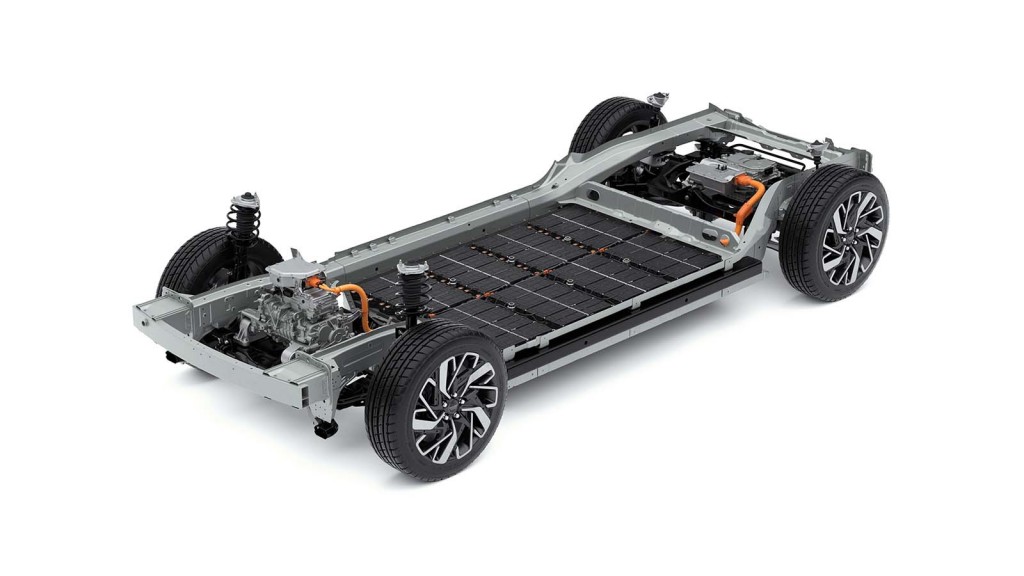
Warranty
Generally speaking, an EV has two warranties: one for the car itself (typically three years) and another for the battery (eight years) that pays out should it degrade substantially (66% in the Renault Zoe's case). Most batteries appear to degrade only by a couple of per cent over their life.
Tyres
Check these are EV-specific because their harder compound reduces rolling resistance and increases range, while extending the tyre's life.
Warning lights
A dealer prepared to sell a car with a warning light blazing away, is probably one to be avoided.
Air conditioning system
This not only keeps the cabin cool but on some EVs cools the batteries, too, so any fault here can slow down charging and reduce power and range. Modern EVs also reverse the air con system, using it as an air-source heat pump to warm the cabin, so check this feature works.
Lights
Most EV lights are LEDs that are sensitive to water ingress, so check the lens isn't cracked and that there's no condensation inside the units long after they've been switched off. Replacements are very expensive.
Brakes
Thanks to an EV's energy recuperation system, its brakes have an easy life. The downside is that with lack of use they can corrode. On the other hand, heavily worn brake discs suggest the car has been driven rather too enthusiastically.
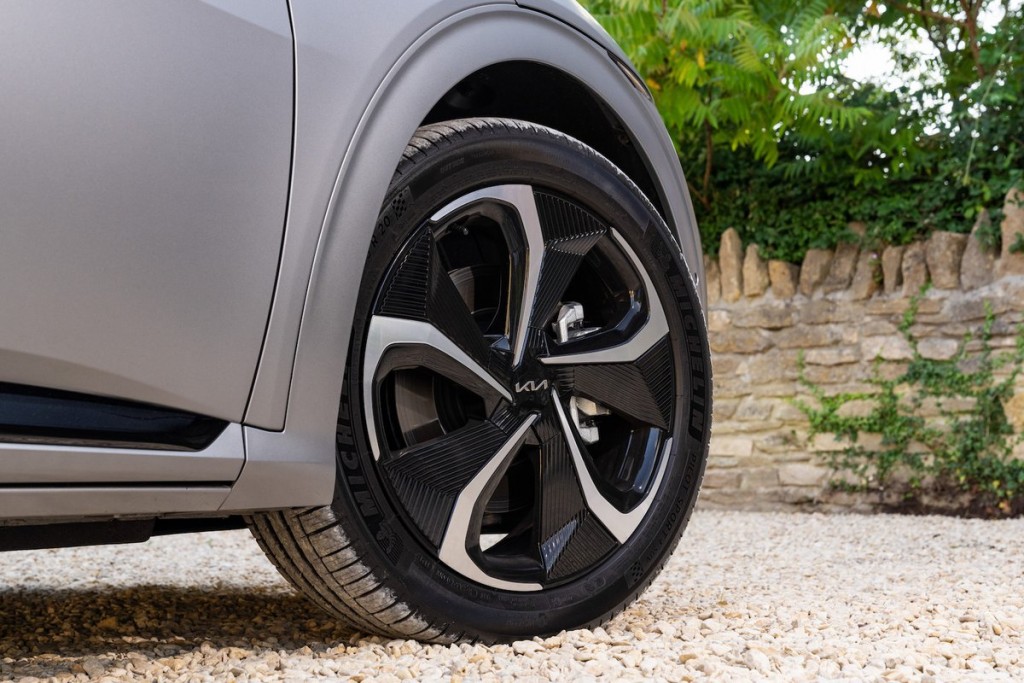
Suspension
On the test drive, feel for looseness and listen for underbody rattles and bangs from dampers, bushes and springs.
General checks
Check the body for crash damage and fresh paint and – very important – the underside, especially the battery cover, for scrapes and graunching. Some EVs use advanced, lightweight materials that can be difficult and expensive to repair so make sure body panels aren't seriously marked.
Vehicle history and outstanding finance
Check the car's mileage, provenance and whether it has outstanding finance recorded against it, and if it has been stolen or written off.
Five used EVs to consider
City car
Smart Fortwo Electric Drive (2016-on)
Buyer beware: Mild battery degradation
Price range £11,500-£23,000
Our pick Electric Drive E 60kW Prime Premium Plus, 2017-reg 30,000 miles, £11,760
Funky tiddler is easy and fun to drive, as well as comfortable. Range is officially 100 miles but expect 75 on a good day.
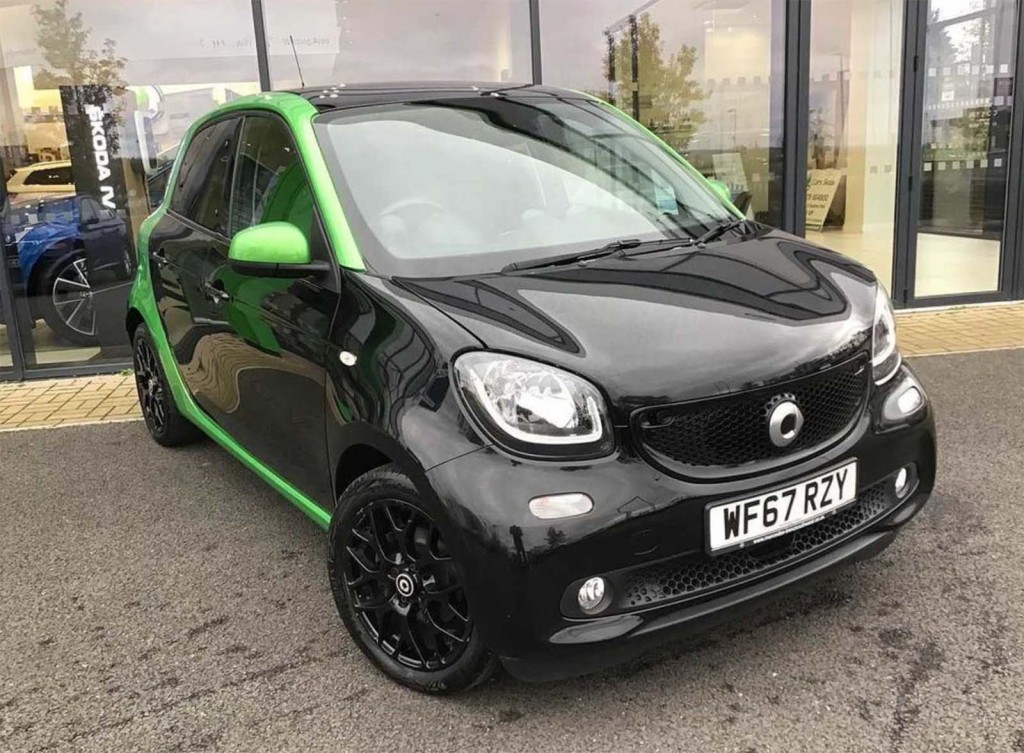
Supermini
Renault Zoe (2019-on)
Price range £18,000-£29,000
Buyer beware: Suspension problems on older cars, charging issues (could be the rectifier).
Our pick Renault Zoe 100kW Iconic R135 50kWh 2020-reg, 20,000 miles, £20,710
It was recently re-rated zero for crash safety by Euro NCAP but there are just too many Zoes out there to ignore. Attractive, good to drive and with an impressive 200-mile real-world range.

Family hatch
Nissan Leaf (2016-17)
Price range: £10,000-£17,000
Buyer beware: Battery overheating problems and degradation, failed cabin heater element
Our pick: Nissan Leaf 30kW Acenta 2017-reg, 32,000 miles, £14,490
The first production EV isn't the prettiest but is well sorted and supported. We've gone for the facelifted version with the larger 30kW battery and 120-mile range.
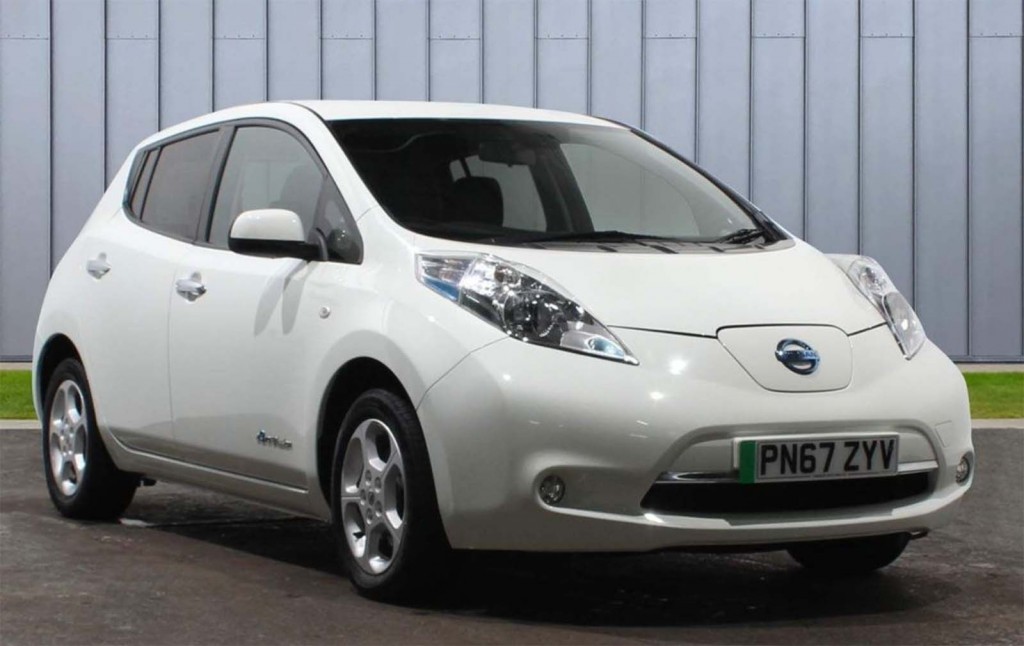
Large premium saloon
Price range: £32,000-£90,000
Buyer beware: Battery degradation, warning lights, brake judder, water ingress, infotainment issues
Our pick: Tesla Model S 70D, 2016-reg, 39,000 miles, £39,995
A Model S needs careful buying but there are enough high-mileage ones to make us think they last well. Our pick has all-wheel drive and free Supercharging for life, a benefit withdrawn on new cars from 2017.
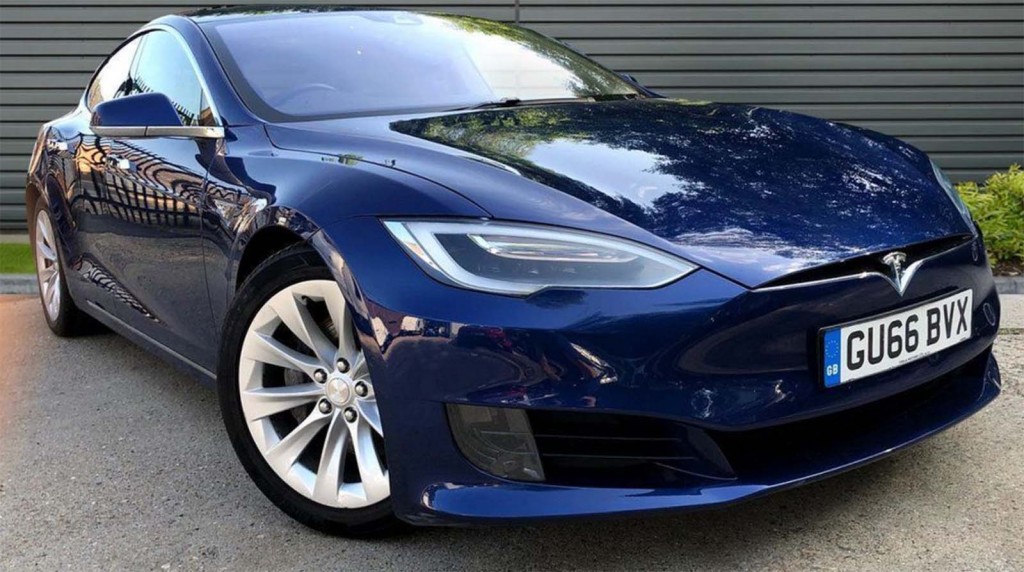
The affordable BMW
BMW i3
Price range: £11,000-£39,000
Buyer beware: Failed upper suspension mounts, corroded brakes, damaged carbon-fibre body
Our pick: BMW i3 E 94Ah, 2017-reg, 43,500 miles, £18,250
That's right: you can have an electric BMW for sensible money. The i3 is a cool, roomy and fun-to-drive EV. Our pick's real-world range is an impressive 194 miles.

READ MORE
e-CARS
The ten best-selling electric cars in the UK
e-BIKES
Cairn Cycles E-Adventure 1.0 e-bike review
Ten e-bikes we’re looking forward to in 2022
e-MOTORBIKES
Ten electric motorbikes to look forward to in 2022
Art, sustainability and choppers - the wonderful world of Stirling Eco
e-SCOOTERS
Hypercar firm Bugatti's first electric vehicle is an 18mph e-scooter
Ride-hailing firm Bolt set for UK expansion after big investment
e-WORLD
Veolia to open first UK plant for recycling EV batteries
The new Bobcat T7X is a truly groundbreaking electric digger
